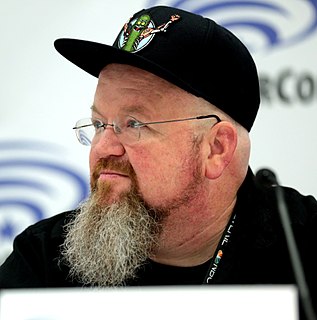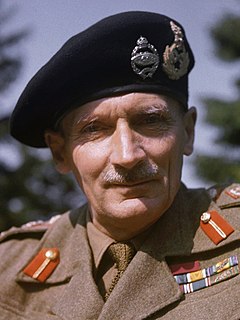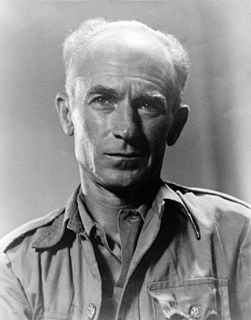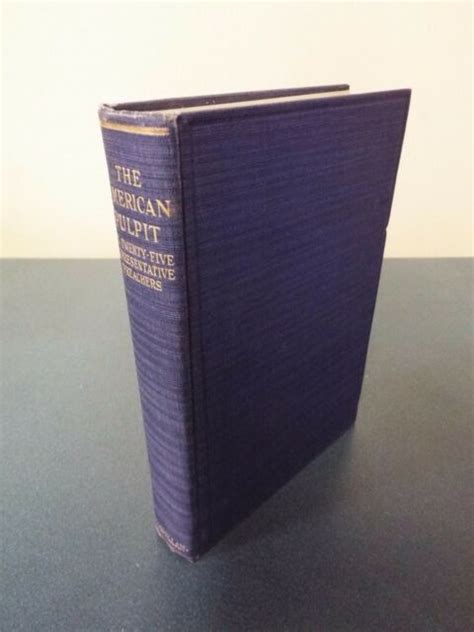A Quote by Thomas Hobbes
For WAR, consisteth not in Battle only, or the act of fighting; but in a tract of time, wherein the Will to content by Battle is sufficiently known.... So the nature of War, consisteth not in actual fighting; but in the known disposition thereto, during all the time there is no assurance to the contrary. All other time is PEACE.
Related Quotes
Another of the hard things about being in a war, grandchildren, is that although there are times of quiet when the fighting has stopped, you know you will soon be fighting again. Those quiet times give you the chance to think about what has happened. Some of it you would rather not think about, as you remember the pain and the sorrow. You also have time to worry about what will happen when you go into battle again.
So a war begins. Into a peace-time life, comes an announcement, a threat. A bomb drops somewhere, potential traitors are whisked off quietly to prison. And for some time, days, months, a year perhaps, life has a peace-time quality, into which war-like events intrude. But when a war has been going on for a long time, life is all war, every event has the quality of war, nothing of peace remains.
Peace is no mere matter of men fighting or not fighting. Peace, to have meaning for many who have known only suffering in both peace and war, must be translated into bread or rice, shelter, health, and education, as well as freedom and human dignity - a steadily better life. If peace is to be secure, long-suffering and long-starved, forgotten peoples of the world, the underprivileged and the undernourished, must begin to realize without delay the promise of a new day and a new life.
Unlike the authors of such warrior classics as The Art of War and The Book of the Five Rings, which accept the inevitability of war and emphasize cunning strategy as a means to victory, Morihei understood that continued fighting-with others, with ourselves, and with the environment-will ruin the earth. “The world will continue to change dramatically, but fighting and war can destroy us utterly. What we need now are techniques of harmony, not those of contention. The Art of Peace is required, not the Art of War.
Perhaps peace is not, after all, something you work for, or 'fight for.' It is indeed 'fighting for peace' that starts all the wars. What, after all, are the pretexts of all these Cold War crises, but 'fighting for peace?' Peace is something you have or do not have. If you are yourself at peace, then there is at least some peace in the world. Then share your peace with everyone, and everyone will be at peace.
As any war veteran will tell you, there is a vast difference between preparing for battle and actually facing battle for the first time. You can be told that reading Victor Hugo will sap your will to live, but you can't understand what it means until you've read a few chapters and your eyes are glazed over and someone has to revive you with a defibrillator.
In a time of war the nation is always of one mind, eager to hear something good of themselves and ill of the enemy. At this time the task of the news-writer is easy; they have nothing to do but to tell that a battle is expected, and afterwards that a battle has been fought, in which we and our friends, whether conquering or conquered, did all, and our enemies did nothing.







































